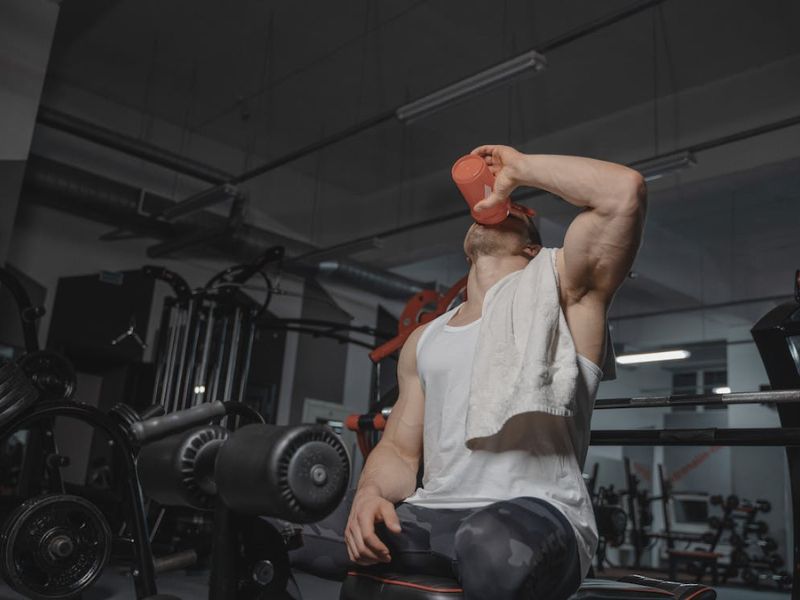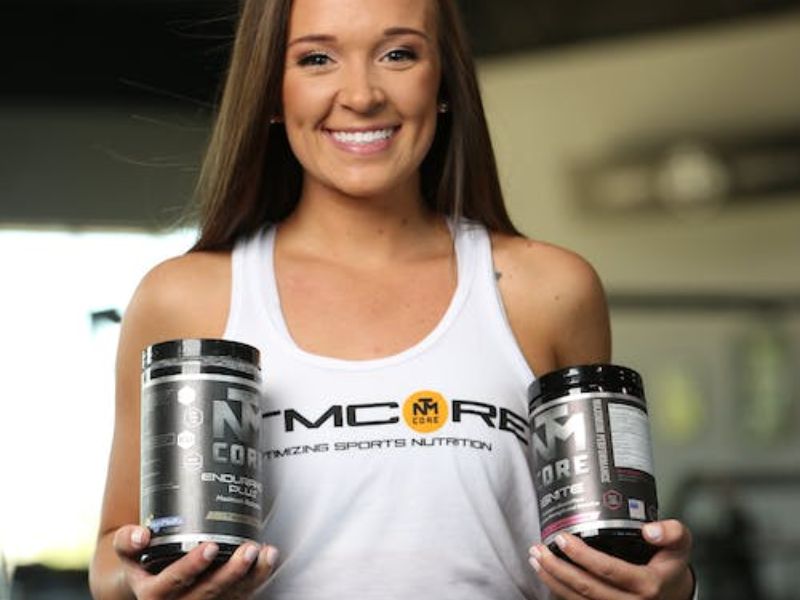During summer, we focus not only on our well-being but also on our appearance. We aim to have the energy and endurance to tackle our daily tasks and enjoy leisure activities while also feeling confident in our looks. We hit the gym or exercise outside to stay fit as the temperature rises. While aerobic exercise and overall fitness are crucial, our food plays an even more prominent role. A balanced diet is vital for general health, but protein is essential for building and maintaining muscles.

Image Credit: Pexels/Tima Miroshnichenko
Protein: What Is It?
Proteins consist of amino acids essential for cell growth, repair, and overall organ and tissue function. They play a crucial role in promoting muscle development. According to Walter Willett, MD, a professor of epidemiology and nutrition at Harvard T. H. Chan School of Public Health, amino acids are the critical building blocks for muscle. When we consume protein, our digestive system breaks it down, and our body uses these building blocks to construct muscle tissue.
How Does Protein Help Muscles Grow?
Muscle tissue is composed of protein fibers, which play a crucial role in muscle contraction, as described by Loren Fishman, MD, a professor of physical medicine and rehabilitation at Columbia University. When protein fibers slide against each other, it causes muscles to contract. Consuming protein through food is essential because muscle contraction continually damages these sliding protein fibers, and consuming protein helps repair and replace them. This repair and replacement process promotes muscle growth and expansion.

Image Credit: Pexels/Rich Ortiz
What Is The Best Way To Gain Muscle?
The recommended daily protein intake is 0.8 grams per kilogram of body weight. However, for muscle growth, slightly more protein is necessary. Consuming about 10% of calories as protein helps maintain and gain muscle. Protein-rich foods like animal products, seeds, nuts, beans, lentils, and dairy products provide ample protein. However, muscle growth requires targeted physical activities such as resistance training. Working for different muscle groups through activities like weightlifting is essential for desired results.